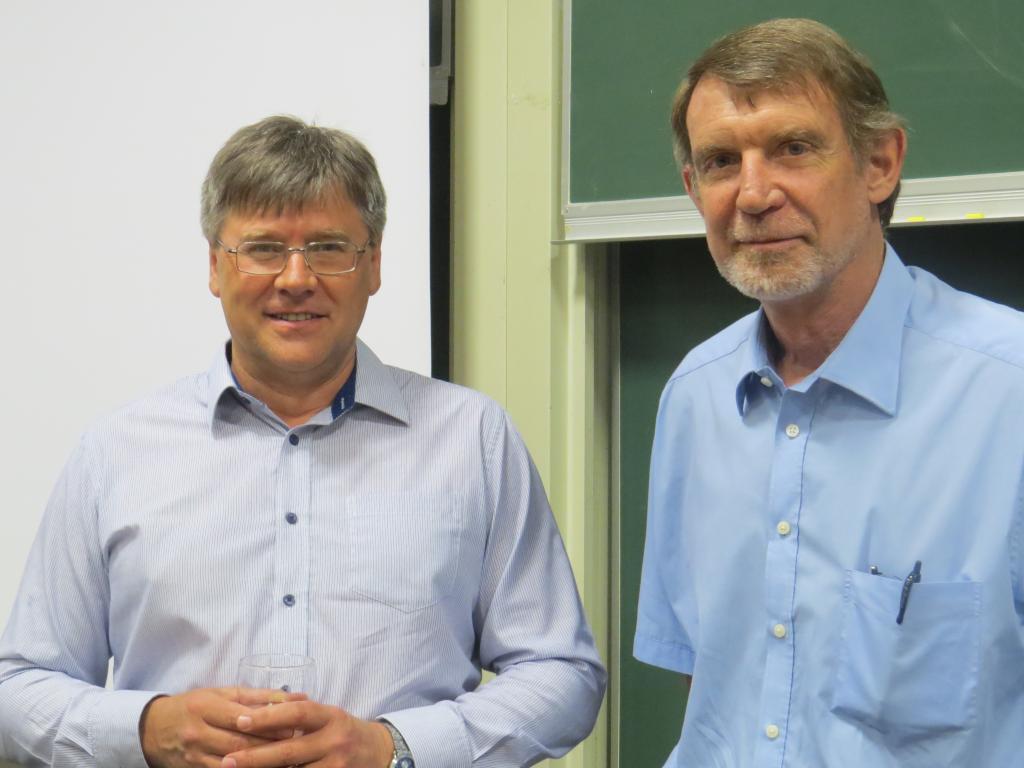Back to the Future for African Ecosystems: How rising CO2 is changing everything

Professor Midgley’s first slide was of the cover of The Economist with the title “Welcome to the Anthropocene” and he commented that once an environmental issue makes it onto the cover of the Economist, the penny starts to drop that these are important issues. He said that human beings are changing the planet so much that we may need to recognise a new geological era. He explained that we have lived in a CO2 constrained world for several million years but that we could, in the next few decades, push the CO2 levels to levels not seen for 50 million years. This represents a major evolutionary shock to modern ecosystems that have evolved under exceptionally low CO2 levels of the past million years. In his talk he examined how global distribution of the world’s ecosystems and vegetation has long thought to be primarily controlled by climate but that it is increasingly clear that the level of atmospheric CO2 plays an extremely important role.
Growth of “Super” plants: The talk highlighted how the diversification of African fauna and flora took place under low CO2 levels and relatively cool climatic conditions and Professor Midgley indicated that the current levels will push fauna and flora to levels they have not previously experienced and have an impact on how they function. He explained that CO2 interacts very strongly with the water cycle and water limitations and acts strongly with disturbance – particularly fire and increased CO2 levels will change everything about the way ecosystems work. Increased CO2 levels result in increased photosynthesis and more carbohydrate production as well as reduced stomatal conductance as plants reduce pore size, become more efficient and lose less water. This often results in increased moisture in the soil. Professor Midgley described how massive carbon storage below ground takes place and with increased CO2 levels saplings and trees can become very resilient to browsing by fauna, and to fire, and together with increased plant water use efficiency, there are reduced constraints on growth, resulting in super plants and trees. There is evidence that trees grow massive thorns at high CO2 levels and this impacts the browsers with the plants increased defence system.
Professor Midgley indicated how one of the outcomes of this “shock” to the ecosystem is that woody biomass is increasing in savannah ecosystems and that there is a mass increase of trees. He showed photos taken over the last century in the Eastern Cape which display a major shift from grassy plains to trees in the savannah ecosystems.
Back to the Future? In closing, Prof Midgley highlighted that rising CO2 is returning the atmosphere to a state not seen on the earth for more than 10 million years and woody plants are a major beneficiary of this change. He expressed the view that we need a new paradigm for conservation under climate change and can no longer rely on passive approaches such as corridor design for species-focused conservation under climate change. Furthermore we need to manage actively for a desired state – grazing/ browsing/fire/ biomass energy. Prof Midgley’s final comment to the audience was that this is an exciting time to be an ecologist because things are changing so rapidly.
